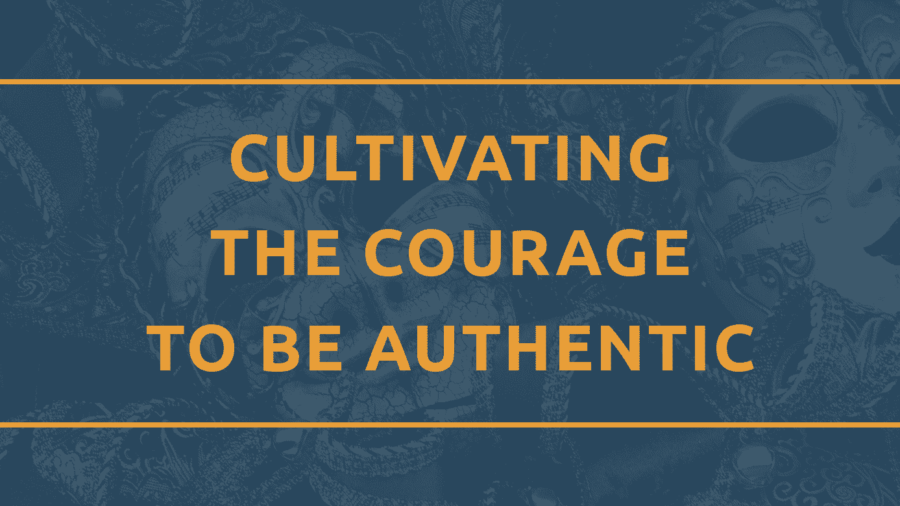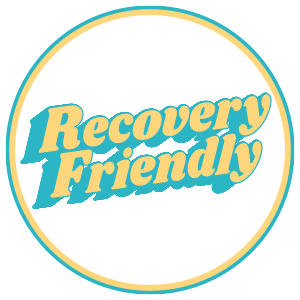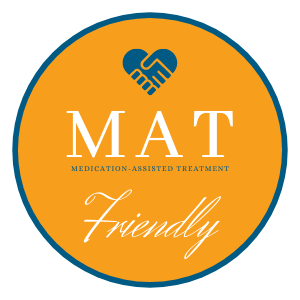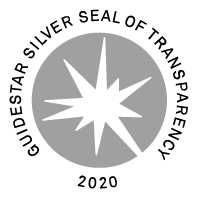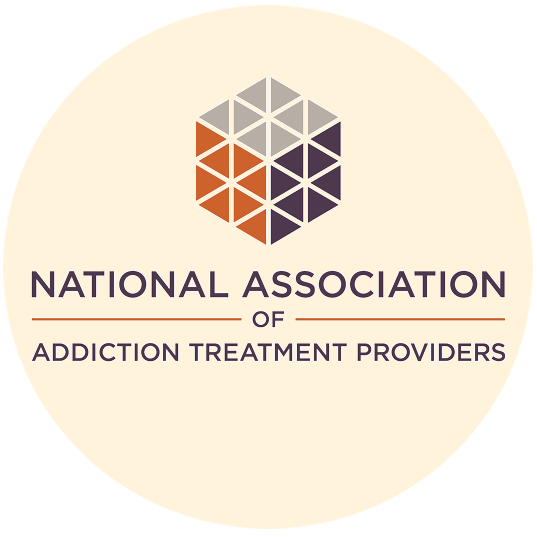On Oct. 31, millions of people young and old will put on their masks to be someone or something else for a few hours. Many of us look forward to this opportunity all month long. The irony is that we do our fair share of pretending the rest of the year too. The only difference is that our masks are a little less visible. Which may be why so many psychologists, life coaches, and self-help authors extoll the virtues of authenticity. It’s as if some part inside us all is tired of pretending.
Authenticity is about getting real with all of it. This is the first of the 12 Steps, and it’s one of our core values at Next Step Recovery. We can’t make much progress on our human journey until we confront the consequences of our addiction. It doesn’t get much more real than that. Long-term recovery requires a daily commitment to keeping it real and a long-term commitment to living authentically.
According to Brené Brown, perhaps the most quoted author on this topic,
“To be authentic, we must cultivate the courage to be imperfect—and vulnerable. We have to believe that we are fundamentally worthy of love and acceptance, just as we are.”
That’s a great start, but authenticity is more than a catch phrase or a book title. It’s sobering work, and we have to accept that we’ll never fully arrive at our destination. Authenticity is a North Star on which we can orient our compass, periodically checking in to ensure we stay on course. There are a few qualities we can cultivate to lead us toward greater authenticity. Below are five of them.
Honesty
Authenticity requires us to make friends with the truth. Substance misuse often goes hand in hand with lying and secrecy as we do and say whatever it takes to feed our addiction. Sobriety can be a cold plunge into reality when we confront what we’ve been avoiding for many years with substances. Committing to living honestly can be challenging at first but ultimately takes much less energy and leads to better decisions and more satisfying relationships.
Presence
We have to show up in order to meet the moment. Being authentic requires understanding our values and deciding which one(s) are most important in any given situation. What can we bring to the table now? Is it kindness, honesty, courage, curiosity, restraint, vulnerability or some combination? When we are fully present, we can make the best choice for ourselves and for others and make the most of the moments we are given.
Vulnerability
Being honest, showing up, and being accountable paves the way for one more thing: falling short. Make no mistake, we will miss the mark. People will see us fail. But we have to be vulnerable anyway because being authentic is not about being perfect—it’s about being real. It’s about striving to be our best selves, even when we fall short. Our vulnerability gives others permission to be vulnerable as well and can be a source of healing.
Integrity
Authentic people walk their talk and stand their ground. To live with the same integrity, we have to identify what matters most and then do our best to achieve it. Addiction often leads us away from our core values or prevents us from defining our values in the first place. Wherever we find ourselves, it is essential to clarify our values and hold ourselves accountable to them in our words, thoughts, and behaviors.
Courage
Being authentic takes courage. When we drop our masks, we risk being seen. When we speak our truth, others may disagree. When we stand by our values, we may end up standing alone. But we have to have the courage to be honest, present, vulnerable, and accountable anyway. This is where the real opportunity for growth lies. If we accept the invitation to be authentic, we win the biggest prize of all and discover our truest selves.
If you know a someone who is struggling to live their best life because of substances or alcohol, we can help. Email us at susan@nextsteprecovery.com or call 828-293-4756 to learn more about our intensive outpatient program and optional transitional living community for men.


